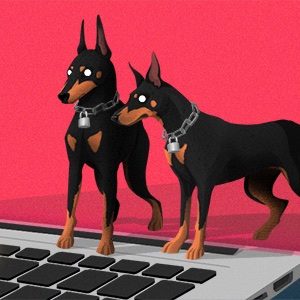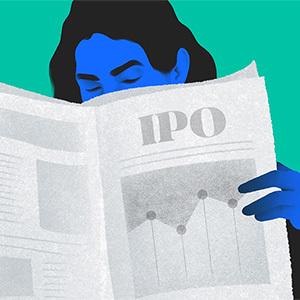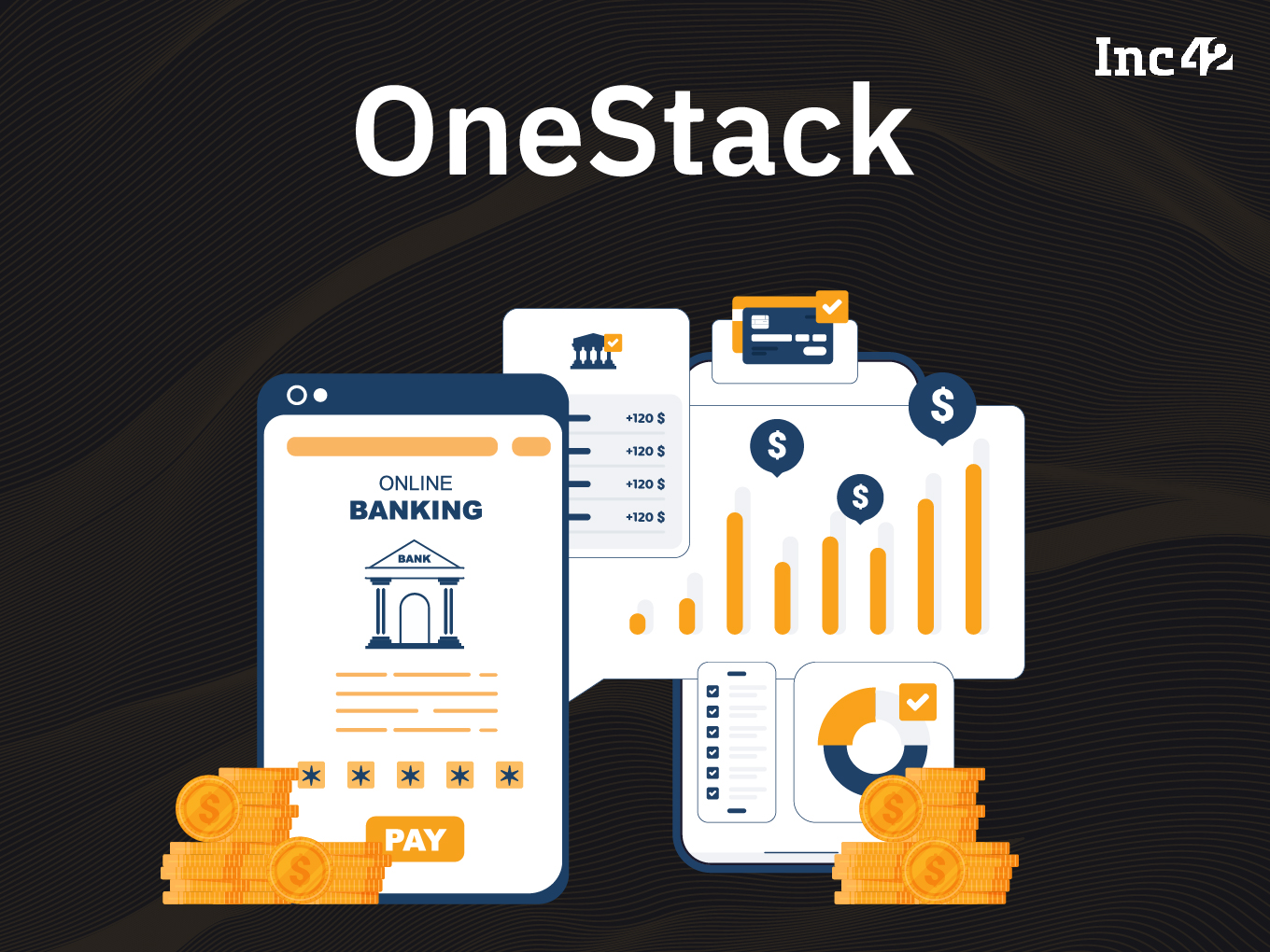Bryan Copley was at the center of this year’s two biggest crises.
The Seattle startup CEO tested positive for COVID-19 in March. Then his company, CityBldr, suddenly found itself in the heart of the Seattle protest zone that made headlines around the globe.
CityBldr CEO Bryan Copley and his daughter, Grace, before COVID-19. (Photo courtesy of Copley)Copley’s story, which he shared in an interview with GeekWire this week, is a window into the personal and business challenges faced by startup leaders in the midst of a global pandemic, an economic downturn, and a historic period of social unrest.
The 39-year-old entrepreneur helped launch CityBldr four years ago. The 8-person company sells software that real estate investors and developers use to find properties. It has raised $6 million to date.
Copley started feeling COVID-19 symptoms after attending a karaoke party in March. Several friends who attended also weren’t feeling well in the following days.
For the next three weeks, Copley felt like “there was a 300-pound Great Dane on my chest.” He had been really sick before, including a battle with salmonella during a trip in South America. But this was different.
“I never experienced anything in my life that I thought could actually kill me,” Copley said.
He recalled one sleepless night spent laying face down to help ease the pain on his lungs. As morning approached, news of the dire U.S. unemployment numbers sent Copley into the doldrums. His health was teetering, and he faced tough calls as a small business owner.
“I feel like I had to make a decision, to tell myself I was going to get through this, or just let whatever happen happen,” he said. “I resolved that I was going to beat it. I was going to make my co-founder and my employees and my investors and my kids proud, by working harder than before.”
Copley has bounced back. He’s helped CityBldr turn a profit amid an economic crisis.
But five months after testing positive, Copley is not feeling 100% healthy, and still fatigues easily.
“It’s scary,” Copley said. The long-term symptoms of COVID-19, both mentally and physically, are still unclear.
“I consider myself a typical Pacific Northwesterner — I like to go out and be in the elements and hike and fish and camp,” Copley said. “But it’s just been a challenge keeping up with my sense of where my health should be right now.”
A startup in the protest zone
As Copley recovered from COVID-19, the scene outside CityBldr’s office in Seattle’s Capitol Hill neighborhood drew international attention. The area, known as the “Capitol Hill Organized Protest (CHOP)” and “Capitol Hill Autonomous Zone (CHAZ),” was set up in the wake of prolonged protests after George Floyd was killed by police in Minneapolis in May.
Copley faced tough decisions. Would he ask employees to go to the office in that environment, with police not responding to emergency calls? Was it safe?
He decided to do his own research. Copley bought a carton of American Spirit cigarettes as trade currency to navigate his way through the area. He used seven packs over the course of a few hours, speaking with several different people.
Copley said he supported peaceful protests and felt safe as he walked through the protest zone. The CEO reported his observations back to the CityBldr staff.
“It wasn’t as bad as some sensational reporting would have them believe, but it also didn’t feel like the second coming of Woodstock,” Copley said. “It felt charged, and slightly on edge — a microcosm of our country.”
Seattle Police eventually shut down CHOP on July 1. But days later he got a call from an employee who was leaving the office, asking him to stay on the line as she walked back to her car.
“It doesn’t take many calls from an employee saying they don’t feel safe to force a decision,” Copley said.
CityBldr relocated to a WeWork location in the Ballard neighborhood, though it is allowing employees to work from home. Copley said he hopes to return to Capitol Hill at some point.
“CityBldr chose office space in Capitol Hill three years ago because we celebrate and support diversity of thought and beliefs,” the CEO said. “The peaceful protest and assembly that happened there was important and needed to take place. The violence, looting and various forms of expressed hate did not.”
Sharing his story
Copley credited his team for helping the company continue to produce revenue across its commercial, residential, and government products despite the tumultuous past several months, both in the real estate industry and internally at the startup. CityBldr had to lay off one staff member to reduce costs.
Copley with his CityBldr co-founder Devyn Cairns in February.Copley at first didn’t feel comfortable telling his colleagues that he had COVID-19. But once he did, the support was “massive,” Copley said.
“As soon as I recognized that people treated my disclosure as information they could use to help me, as opposed to it being some sort of a stigma, it really emboldened me to share more broadly,” he added.
Copley feels empowered by the support he’s received from his network in Seattle. David Pierre-Louis, a fellow entrepreneur he met at WeWork six years ago, drove an hour to purchase 35-pound dumbbells and delivered them so Copley could exercise. One of his advisors, Robert Nelsen of biotech firm ARCH Venture Partners, gave medical advice.
Others reached out to simply check in on his health and learn more about COVID-19.
“They asked if it this was really serious, and that they thought it was overblown,” Copley said. “I got to tell my story to those people.”
Copley’s personal experience with the virus has been a wake-up call for the longtime Seattle entrepreneur.
“When I knew I was well, I got on a call with my board and told them I had gone through COVID,” he said. “I reassured them that my resolve to build something positive in the world, to be a good example to my kids, to be more than a survivor — to be someone who is going to go out and make a positive change and feel proud of what I’ve done with my life — had doubled.”
Copley is one of more than 65,000 people in Washington state and more than 5 million people in the country to be diagnosed with COVID-19. He encouraged those who have fought the disease to share their story with others.
“You should talk to someone who has had COVID-19 before you make your mind up about how serious this is,” he said. “It’s easy to write off an article about someone you don’t know. It’s very difficult to write off the experience of someone who you’ve built a relationship with.”

 3 years ago160
3 years ago160







 English (US)
English (US)